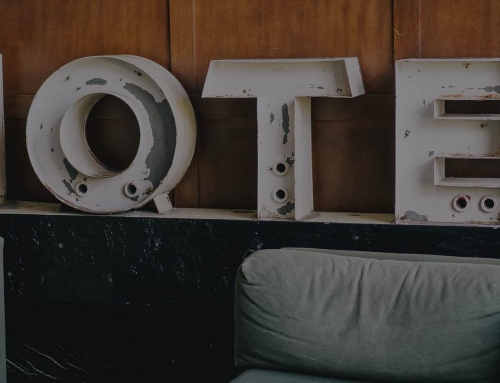By Phuket News Property · December 16, 2021
Updated on: November 25, 2025
A reservation agreement is often the first formal step in a Thai property transaction, used to temporarily secure a condominium unit, villa, or land plot while the buyer prepares for due diligence and contract signing. Although simple on the surface, this early document carries important implications for both parties and should be reviewed carefully.
This article explains how reservation agreements work in Thailand, highlights recent regulatory changes affecting condominium reservations and outlines what buyers should check before signing.
What is a reservation agreement?
A reservation agreement is a preliminary document that places a unit or property “on hold” for a set period. During this time, the seller agrees not to offer the property to another party, while the buyer pays a reservation fee to secure their position.
It is not a sale and purchase agreement and does not transfer any rights of ownership. Instead, it serves as a commitment to move toward a formal contract once key checks are completed.
Recent regulations for condominium reservation contracts
In October 2024, the Contract Committee of the Office of the Consumer Protection Board (OCPB) issued a notification prescribing the standard form and mandatory terms for condominium reservation contracts. This notification took effect on 31 January 2025.
Under this regulation:
• Reservation agreements for condo units must be drafted in Thai and follow a prescribed standard form.
• Developers must not include terms that unfairly burden the buyer or treat a reservation fee as a non-refundable down payment unless the buyer is clearly at fault.
• The contract must clearly outline refund conditions, including situations where a buyer cannot secure a bank loan.
• Failure to comply may result in administrative penalties or enforcement action by the OCPB.
These rules apply specifically to condominium reservations, but the principles of fairness, clarity and proper disclosure are relevant across all property types.
What does a reservation agreement usually include?
While details vary, most reservation agreements address the following:
• Identification of the property, including unit or plot number
• Reservation fee and payment method
• Refund conditions
• Exclusivity period
• Deadline for signing the main contract
• Basic description of the future sale and purchase agreement
Law-firm commentary emphasises that a reservation agreement should not guarantee any future rights on its own. It is a short-term document intended to bridge the gap between initial interest and a legally binding sale contract.
Understanding reservation fees and refund conditions
Reservation fees differ by project, but the key issue is whether they are refundable. In many cases, fees are only refundable if the developer fails to meet stated conditions. If a buyer chooses not to proceed without cause, the fee may be forfeited.
Buyers should ensure:
• refund conditions are clearly written
• timelines for repayment are specified
• reasons for termination are unambiguous
Ambiguity at this stage can lead to disputes, especially when a project has multiple phases or changing specifications.
Why buyers should review the agreement carefully
Reservation agreements may seem straightforward but can raise issues if not carefully drafted. Buyers should consider:
• whether the property description is complete
• whether the exclusivity period is long enough for due diligence
• whether conditions for refund are fair and realistic
• whether the agreement properly references the formal contract
• whether the developer’s obligations are clearly stated
Because land titles, project licences and development schedules differ widely across Phuket, independent legal review is recommended.
Different uses depending on property type
Reservation agreements appear in several property categories:
• Off-plan condominium units
• Completed condos
• Village or villa developments
• Residential land plots
Each category has its own risks. For example, condos involve compliance with the Condominium Act and OCPB regulations, while land plots require careful title verification.
What a reservation agreement cannot do
Despite its usefulness, a reservation agreement does not guarantee:
• transfer of ownership
• completion of construction
• mortgage approval
• enforceable future contract rights
• long-term price guarantees
These protections only come from a properly drafted sale and purchase agreement and, ultimately, transfer of title at the Land Department.
A careful approach for Phuket buyers
Reservation agreements offer a practical way to secure a unit or plot early, especially in high-demand markets. However, they must be approached with clear expectations. The recent OCPB regulations highlight Thailand’s increasing emphasis on consumer protection, but buyers should still exercise caution, read contracts fully and ensure that legal professionals review all documents before signing.













